Welcome back. Below you’ll find my top 5 picks for this year. No one has ever asked me how I evaluate these things, but I’ll tell you anyway. For the top 5, a song has to impress me both lyrically and musically–although the proportions are not always 50/50. I’m looking for durable songs that I can take with me into the new year and beyond.
This year, though, I’m also including a Guilty Pleasure of the Year, which is a song that I enjoyed very much every time I heard it this year, but will happily leave behind me. Will this be a permanent category in Vintage Voltage Year End lists from now on? Great question. I’ll let you know.
Building on last week’s entry, these songs are available as a Spotify playlist at the bottom of the page. This playlist now includes all of the songs on both this week’s post and last week’s (again, with the exception of Adele), for uninterrupted listening pleasure. Yee-haw!
- Whiskey and You, Chris Stapleton
Tim McGraw, the human personification of Miller Lite, recorded agruably the best-known version of this song, but Chris Stapleton, a professional Nashville songwriter, penned it—and dozens of other modern country hits. Stapleton’s album garnered a lot of praise this year, maybe because the idea of a Nashville insider finally recording his own material is a perennially popular story. The album didn’t do much for me, as much as I tried to like it, but Stapleton’s reading of this song is untouchable.
He handles the material as only the songwriter can, starting with a big, seemingly obvious choice: it’s a song about being lonely, so Stapleton recorded it with his voice and his guitar. That’s the entire arrangement. Gone are the background vocals, steel guitar, and all the other noise on McGraw’s version. Streamlining the song makes it far more impactful. Lines like “And I’ll be hurting when I wake up on the floor/But I’ll be over it by noon/That’s the difference between whiskey and you” should evoke a rueful nod from almost anyone with emotions. Because it has been distilled to its essence, Stapleton’s recording is universal and powerful. I guess that’s the difference between whiskey and Miller Lite.
- Doin it Right, STS x RJD2
A few months ago I was raving about STS’s lyrical creativity, humor, and narrative skill, and he refined all these qualities on this year’s collaborative album with producer RJD2. “Doin’ It Right” is the most accessible track on the record, and hit everything I like in a hip-hop song. It’s bouncy, hook-filled, and boasts not only a whistle hook but also a brass section. STS pulls off some excellent lyrical contortions: “It’s in the can/sugar man/Leonard, Shane or Ray Robinson/well Goddamn/like Cassius Clay/what’d he say?/shook up the world I’m a bad bad man.” The profane and awkward into, in which the narrator tries unsuccessfully to pick up a girl at his own concert, is quintessential STS. In my (very limited) experience, he’s one of the warmest, most human MCs out there right now—keep an eye on him. Actually, don’t just watch him—go out and buy his record.
- Crosseyed Heart, Keith Richards
This is probably the least surprising pick on here for anyone who reads the blog, but I couldn’t let Keith’s latest solo album go by without saying something about it. At 1:53, “Crosseyed Heart,” the shortest song on this list, but it feels to me like a complete portrait of the man at this time in his life. There’s a wonderful intimacy to the performance—it’s as if he made this song up for you while you were sitting in his library. For a man whom millions of people have experienced at a remove, this sonic distance is intoxicating. The track also signals, in a way, the final stage of the Apotheosis of Keith. Both he and the Stones have always drawn from American delta and country blues, but rarely have they created something so true. At this point in his career, Keith no longer has to sound authentic. He is the blues god that he looked up to 50 years ago.
- Sugar, Sister Sparrow and the Dirty Birds
I don’t have any Doppler radar to back up this forecast, but I think we should expect a big soul revival moving through in 2016. Between Nathaniel Rateliff and the Night Sweats (remember last week?), St. Paul and the Broken Bones, and several other bands that follow the “Singer Name and the Noun” formula, a soul storm seems all but imminent. The problem with these revivals, of course, is that so many of the bands sound the same or are too consciously retro-cute. Sister Sparrow and the Dirty Birds—though adhering to naming conventions—put out one of the freshest soul songs this year with “Sugar.” Lead singer Arleigh Kincheloe has great presence and magnetism and reminds me of Nocturnals-era Grace Potter with her delivery. The song’s chorus is easy enough that you can sing it the second time you hear it, and everything is so infectious you can’t help but join. These guys are worthy of a much larger audience than some of their more-popular contemporaries.
- Young Moses, Josh Ritter
I’ve known about Josh Ritter for some time, but his hushed, contemplative songs never really spoke to me. This year’s album Sermon on The Rocks, however, has turned up the volume loud enough for me to hear him. It sounds like a John Cougar Mellencamp album written by a man with an MFA, and I mean both of those descriptors in their most positive sense. “Young Moses” tells a metaphorical story of a man breaking free of his bonds. In the lyrics, Ritter blends Christian scripture, peyote, and Johnny Appleseed, a mix of religion and folklore that renders the song uniquely American, and I think, timeless. With a different arrangement, I think this song would be equally at home in a New Mexico border town or an Appalachian roots jam.
GUILTY PLEASURE OF THE YEAR: twenty one pilots, Tear in My Heart
Everything about twenty one pilots is ten years too late: their stylized nomenclature, their dyed hair/all black look, and their incredibly infectious punky dance pop. “Tear in My Heart” has a simple hook that velcros itself to your cerebellum and stays there, the way Fall Out Boy’s hits used to. Little wonder that twenty one pilots is currently signed to Fueled By Ramen, the label that at one point housed Fall Out Boy and Jimmy Eat World and still is home to Fun. and Panic! At the Disco. (see what I mean about the stylized names?)
I am also a sucker for audacious songs, and Tyler Joseph is unafraid to write some of the goofiest lyrics I heard all year. He rhymes “armor” with “carver” and “farther,” rages against the DOT, and reveals what perhaps may be the line of the year: “My taste in music is YOUR FACE.”
And none of it matters. It’s still catchy. Just goes to prove, as Joseph accurately observes, “the songs on the radio are OK.”
Alright kids, that’s it. Playlist is below (the first four songs are from last week’s post). Thanks for reading this year, and best wishes for a kickin’ 2016. And may I suggest a New Year’s Resolution? Buy more music.
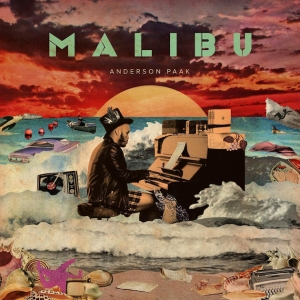 Scroll down to listen to “Come Down” (Opens in Spotify)
Scroll down to listen to “Come Down” (Opens in Spotify)


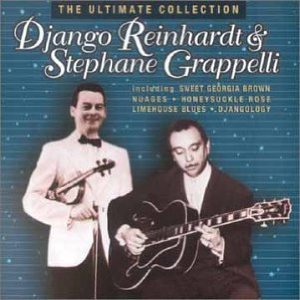
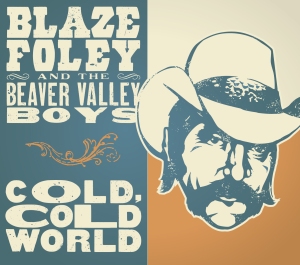
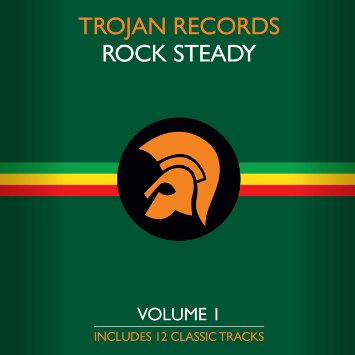
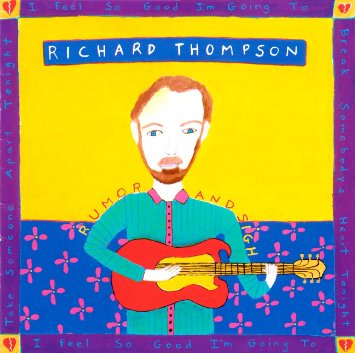 Scroll Down to Listen to “I Misunderstood” (Opens in Spotify)
Scroll Down to Listen to “I Misunderstood” (Opens in Spotify)